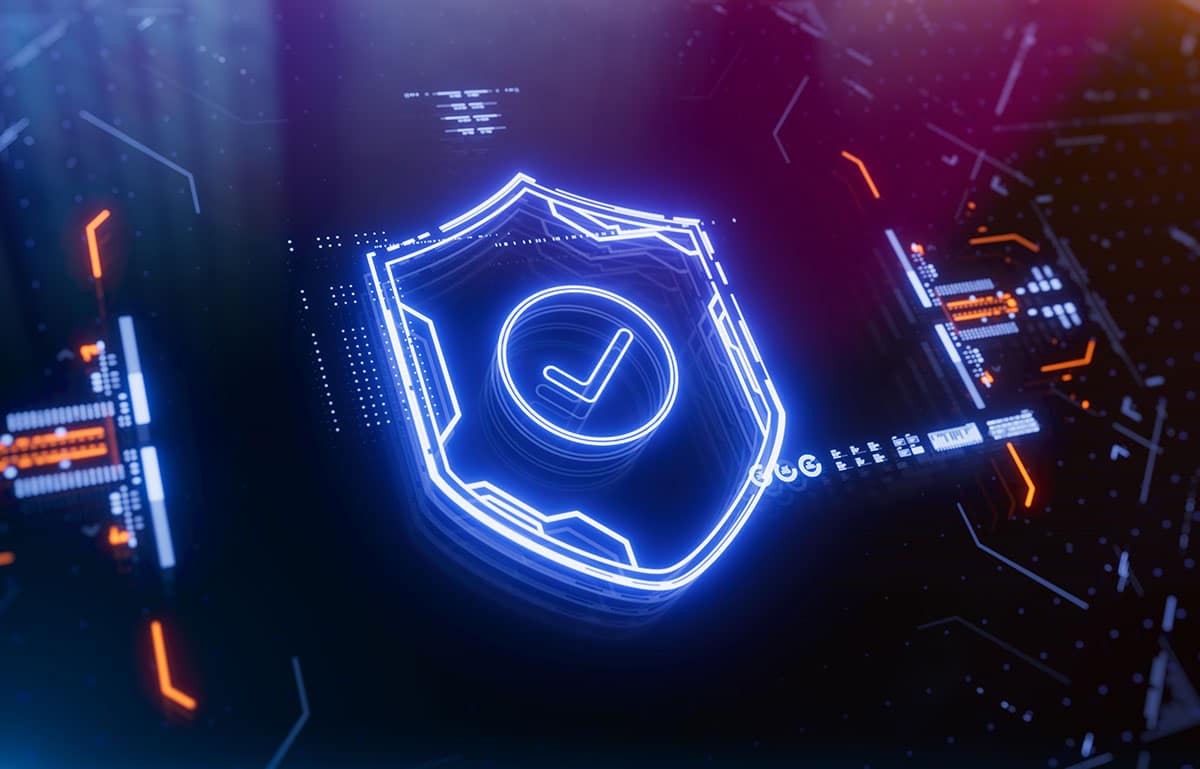When you’re growing a business, every decision can feel like a balance between moving fast and building for the long haul. You’re chasing growth, expanding your team, and landing new clients. And somehow in the midst of all that, you’re supposed to ensure cybersecurity compliance, which might feel like the least exciting project to tackle.
However, the truth is that in today’s competitive markets, being able to prove you can safeguard sensitive data is just as valuable as your actual product or service. Frameworks like SOC 2 and PCI DSS aren’t just boxes to check. Rather, following security frameworks like these are one of the most impactful ways to protect your reputation, keep your customers’ trust, and win contracts.
What Cybersecurity Frameworks Do
Compliance frameworks were created to address specific risks in the modern landscape of threats:
- SOC 1, 2, 3 ensures service providers safeguard client data through security, availability, and confidentiality controls.
- PCI DSS is the gold standard for handling payment card data securely, and required for organizations that process a certain number of credit card transactions each year.
- ISO 27001, 27701 & 42001 are one of the only internationally recognized cybersecurity and compliance certifications.
- HITRUST blends multiple regulations into one framework for healthcare data security.
- FedRAMP/GovRAMP ensures cloud services meet Federal and state-level government security requirements.
- CMMC is a consolidated standard for Department of Defense contractors that collect, process, or store controlled unclassified information.
These compliance frameworks aren’t just “nice to haves” anymore. Many enterprise Request for Proposals (RFPs) , partnerships, and contracts now require you to have them early in the deal process.
How Does A Proactive Compliance Program Help Grow Revenue
Some companies view compliance as a cost center or even a necessary evil, doing the bare minimum to pass an audit. The problem with this approach is that it’s reactive, creating gaps that may not be discovered until a breach, which is far more expensive to fix after the fact.
Take PayPal’s 2023 $2.7 million settlement with the New York State Department of Financial Services as a cautionary tale. Regulators pointed to gaps in PayPal’s cybersecurity controls, including insufficient measures to detect and block automated account access attempts. These are issues that established compliance frameworks are specifically designed to address.
That’s why forward-looking compliance leaders see compliance as a growth enabler, not just a cost. Certifications, regulatory frameworks, and SOC attestations or reports can :
- Remove blockers in sales cycles
- Let you compete for contracts in regulated industries
- Give clients and investors confidence that you take their trust seriously
In crowded markets, your security posture can be the deciding factor between winning and losing a deal.
Reduce Incident Response Costs And Open Revenue Streams
By embedding security into your operations now, you reduce the likelihood of costly incidents later, strengthen your competitive position, and give your customers a reason to choose you over the competition. At 360 Advanced, we help organizations evaluate risk, meet rigorous compliance requirements, and turn security into a business enabler. The businesses that thrive in the current threat landscape will be those that treat compliance as the baseline for trust, not as an afterthought.
We explore this concept in greater depth in our upcoming buyer’s guide, Compliance That Pays: How the Right Audit Firm Protects and Propels Your Business.

